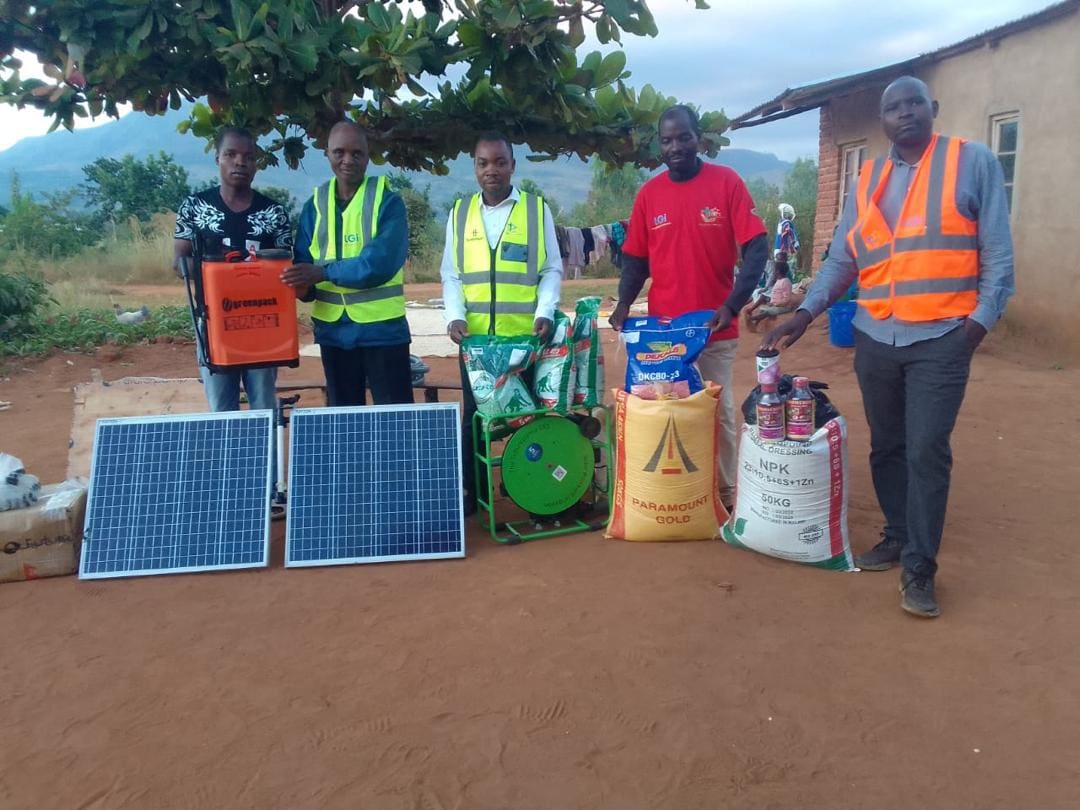
Restoration and Advisory Collective
(Tier 1 Projects)
Have an established project or organization? Become a part of the Restoration and Advisory Collective (RAC) to share your expertise, collaborate with emerging projects, and showcase your work. As a member, you can provide valuable guidance to new initiatives, helping them grow and succeed, or simply highlight your own project.
To support or donate, please visit the individual project websites directly. Your contributions help ensure that RAC members and collaborators are compensated for their vital role in advancing these initiatives.
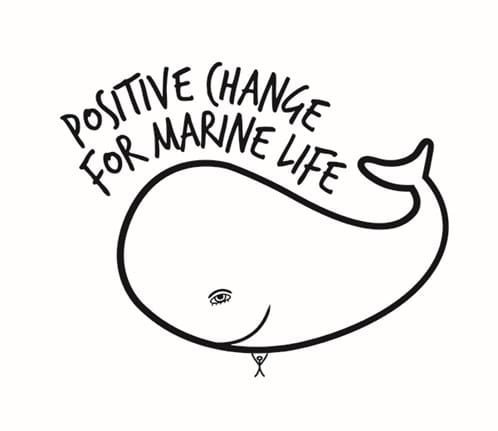

Waste to Wealth , Rewilding our Floodplains and Fishing for Change
Non-Governmental Organization (NGO)
Location: Australia, India and the Solomon Islands
Fees: na
Waste to wealth - Waste to Wealth empowers marginalised coastal communities to shift supply chains, collect and recycle existing waste, and convert it into saleable products supporting micro-enterprises. Actively reducing marine debris, open burning and dumping, the program combats the devastating impact that solid and organic waste have on ecosystems and human health within some of the world’s most important marine biodiversity hotspots. Rewilding our Floodplains - landscape scale rewilding of coastal floodplains. Fishing for change - supporting small scale fisheries.
We pride ourselves on transparency and accountability throughout our Global Programs. Underpinned by rigorous scientific data, our programs incorporate: GIS mapping, AI, video analyses, and community surveys. Biodiversity, carbon, and threat-related ground truthing. In-depth analyses, including program challenges, learnings, and successes to offer our supporters, funders and target communities the highest impact possible.
We Address 14 of 17 Sustainable Development Goals - visit
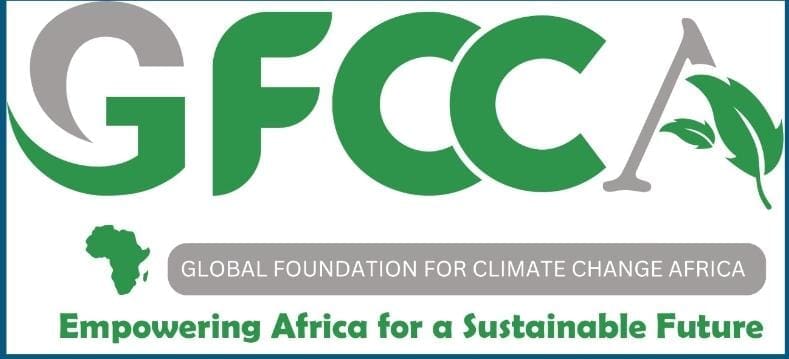
Global Foundation for Climate Change Africa GFCCA
Empowering African Farmers for Climate Resilience
Non-Governmental Organization (NGO)
Location: East Africa (Kenya)
Fees: $30/hour
GFCCA empowers small-holder African farmers by promoting regenerative agriculture that integrate forest and farmland agroforestry systems, hence fostering sustainable land management, and combat climate change. We aim to improve food security, enhance livelihoods, and support environmental sustainability through education, resources, and practical training.
- Native species planted or restored
- Measurements to protect endangered species
- Direct impact on local water bodies
- The trees grown have enhanced the improvement of local biodiversity, for example, more birds species that were near extinction can be spotted in the region of our operations.
- Involves afforestation, reforestation, or soil restoration
- We plan to plant mangrove trees to help in the restoration of rivers around our project. We also have plans to help restore the Lake Victoria Watershed which is in our area of operation by planting enough tree cover around the region
Estimate the amount of carbon expected to be sequestered annually: 500,000

Rewilding Africa's Changing Lives in Africa Mission
Non-Governmental Organization (NGO)
Location: Africa (Kenya-Zambia-South Africa)
Fees: Fundraising and technical support for approved beneficiary partners in Africa
Our goals are bold and ambitious and until we have successfully implemented our theory of change and the paradigm shift that is needed, we will continue to work selflessly towards a vision far greater than ourselves.
The Rewilding Africa multiple land use, multiple revenue stream Community Conservancy, planning, development and management model will change the face of Africa's community conservation.
This is a practical, scaled and replicable solution to Africa’s biodiversity loss crisis, endangered species protection, alternative livelihood creation, and the development framework for a substantive Conservation Economy!
There has never been more of a need than NOW, to truly invest in and support initiatives and programs that empower the wilderness communities in Africa, to not only protect their own nature, but to also thrive from it.
Your contribution is much needed to make this happen.
"Give the man a fish, and you feed him for a day. Teach him to fish and you feed him for a lifetime". This is the only way we will be able to protect Africa's natural beauty and wildlife in our lifetimes.
- Native species planted or restored
- Measurements to protect endangered species
- Direct impact on local water bodies
- Our master land use planning process ensures a fully nature-positive water management plan is designed and put in place for the entire Community Conservancy
- Involves afforestation, reforestation, or soil restoration
- Our master land use planning process ensures a fully nature-positive water management plan is designed and put in place for the entire Community Conservancy
- Improves pollination services
- Enhances recreational and cultural services
- Contributes to flood mitigation
- The entire Community Conservancy ecosystem will be measured, planned and placed under proper governance and management
- Our Community Conservancy 10-year program includes continuous education, management, and mentoring. We also construct a centrally based Conservancy Hub, where offices, an education center and processing facilities are based
- Local community involvement
Estimate the amount of carbon expected to be sequestered annually: 10,000,000,000
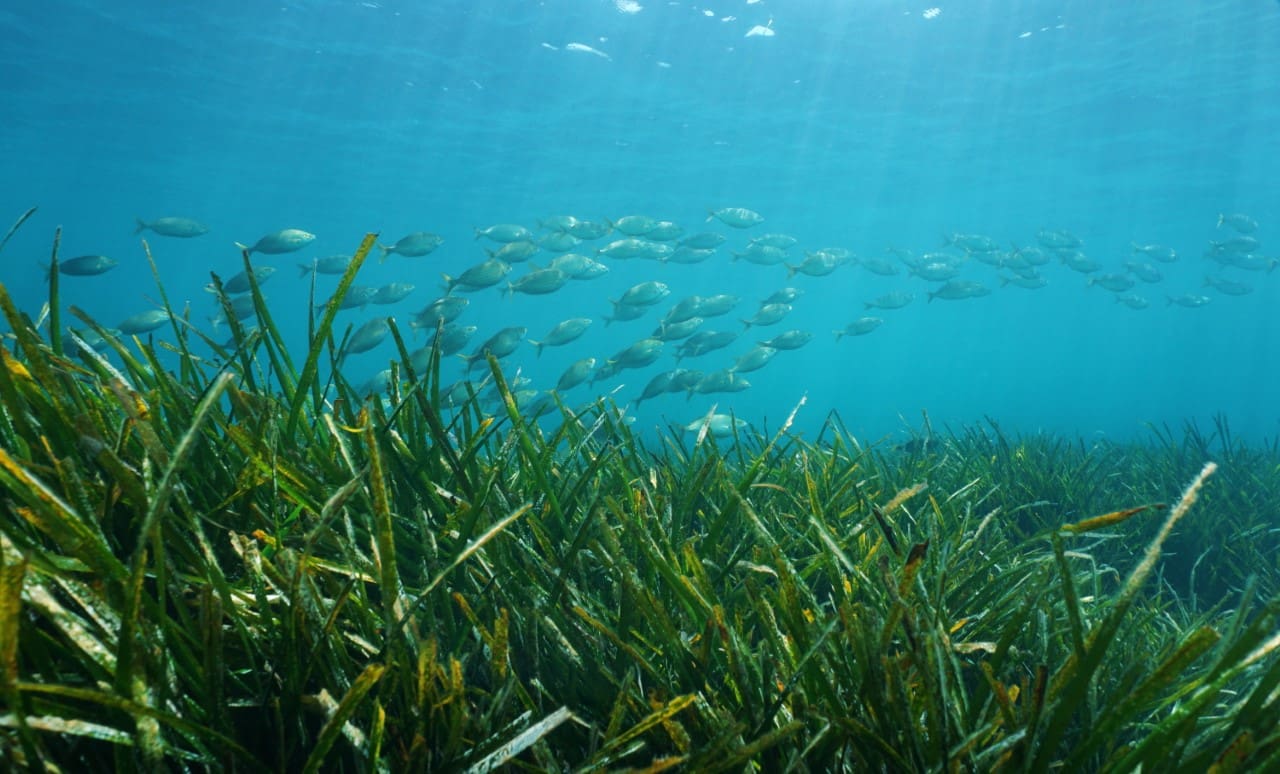
Water Care Services, Pakistan
Non-Governmental Organization (NGO)
Location: Pakistan
Fees: 55
Working in water innovation: from water credits to water circularity, and transboundary water.
We have supported various projects in their journey with water treatment to improve water quality.
- Intelligent water management, waste conversion to agriculture, kitchen gardening with hydroponics, and wetlands conservation.
- I have treated water with wetlands, using facultative strains, and reused the treated water. This has made more water reclaimed and available for life.
- Healthy planet, more oxygen, more biodiversity. There will be less carbon footprint, and carbon sequestration.
- Environmental education, and awareness. Learning on water quality. Civic sense. WASH and water importance and conservation. Water-stressed ecosystem improvement. Water circularity, to get integrated water management. Try to make society water positive
- Local community involvement
Estimate the amount of carbon expected to be sequestered annually: 10

Future Forests Jill Wagner
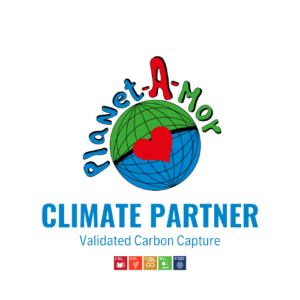
PLANET-A-MOR Michael Kristensen

